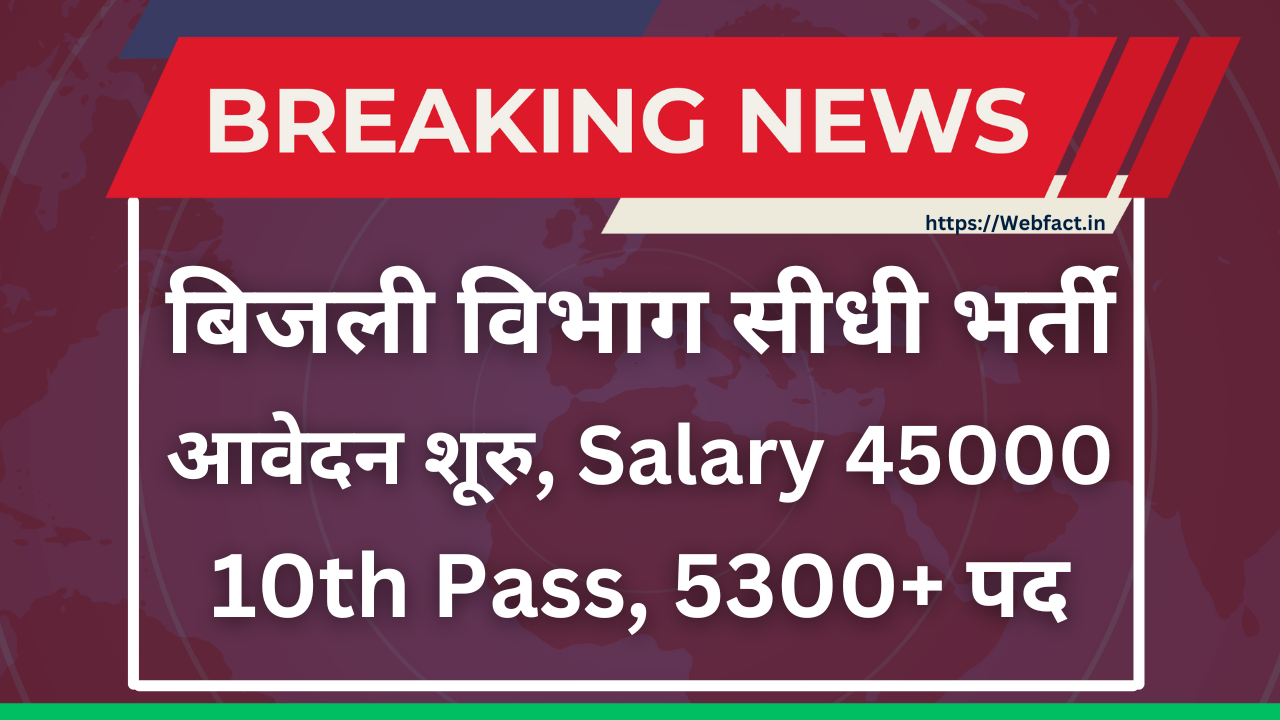Understanding Disability Insurance: Protecting Your Income and Financial Security
Disability insurance is a type of insurance that provides income replacement in the event that an individual becomes disabled and unable to work. Disability can result from an accident or illness, and it can have a significant impact on an individual’s financial security. Disability insurance is designed to provide a safety net for individuals and families by providing financial protection during difficult times.
In this article, we will explore disability insurance in more detail, including what it is, why it’s important, and how it works. We will also discuss the types of disability insurance available and how to choose the right policy for your needs.
Also Read : The Importance of Health Insurance: Protecting Your Health and Your Finances
What is Disability Insurance?

Disability insurance is a type of insurance that provides income replacement if you become disabled and are unable to work. Disability can be the result of an accident or illness, and it can occur at any time. Disability insurance is designed to provide financial protection by replacing a portion of your income if you become disabled and are unable to work.
There are two main types of disability insurance: short-term disability insurance and long-term disability insurance. Short-term disability insurance typically provides coverage for a period of up to six months, while long-term disability insurance provides coverage for a longer period, typically up to age 65.
Also Read : Life Insurance: Protecting Your Loved Ones Even After You’re Gone
Why is Disability Insurance Important?
Disability can have a significant impact on an individual’s financial security. Without disability insurance, you may be forced to rely on your savings or go into debt to pay for your expenses if you become disabled and are unable to work. Disability insurance can provide a safety net for you and your family by providing financial protection during difficult times.
In addition, disability insurance can provide peace of mind by knowing that you are protected if you become disabled. It can also help you maintain your lifestyle and financial goals by providing income replacement if you are unable to work.

How Does Disability Insurance Work?
Disability insurance works by providing income replacement if you become disabled and are unable to work. The amount of income replacement you receive will depend on the terms of your policy.
Also Read : What is Insurance: Meaning, Types and Benefits
When you purchase disability insurance, you will typically pay a monthly premium. If you become disabled and are unable to work, you will need to file a claim with your insurance provider. Once your claim is approved, you will begin receiving income replacement payments.
The amount of income replacement you receive will depend on the terms of your policy. Some policies may provide full income replacement, while others may provide a percentage of your income. In addition, there may be a waiting period before you begin receiving income replacement payments. This waiting period is typically between 30 and 90 days.
Types of Disability Insurance
There are two main types of disability insurance: short-term disability insurance and long-term disability insurance.
Also Read : Explore The Top 5 Insurance Providers In The Market Today.
Short-term Disability Insurance
Short-term disability insurance provides coverage for a period of up to six months. This type of insurance is designed to provide income replacement if you become disabled and are unable to work for a short period of time. Short-term disability insurance may be offered as an employee benefit, or it may be purchased individually.
Long-term Disability Insurance
Long-term disability insurance provides coverage for a longer period, typically up to age 65. This type of insurance is designed to provide income replacement if you become disabled and are unable to work for an extended period of time. Long-term disability insurance may be offered as an employee benefit, or it may be purchased individually.
Choosing the Right Disability Insurance Policy
When choosing a disability insurance policy, there are several factors to consider. These include the amount of income replacement you need, the length of coverage you require, and the waiting period before benefits begin.
You should also consider the terms of the policy, including any exclusions or limitations. For example, some policies may not cover certain types of disabilities or may exclude pre-existing conditions.
It’s also important to shop around and compare policies from different insurance providers to find the best coverage and price for your needs. You may also want to consider working with an insurance agent or financial advisor who can help you navigate the process and make informed decisions.
In addition, if you have disability insurance as an employee benefit, it’s important to understand the details of the policy and any limitations or exclusions. You may also want to consider purchasing additional coverage if the policy offered by your employer does not provide enough protection.
Conclusion :
Disability insurance is an important form of financial protection that can provide a safety net for individuals and families in the event of disability. By providing income replacement, disability insurance can help you maintain your lifestyle and financial goals during difficult times.
When choosing a disability insurance policy, it’s important to consider your specific needs and circumstances, including the amount of income replacement you need, the length of coverage you require, and any exclusions or limitations of the policy.
Overall, disability insurance can provide peace of mind and financial security, allowing you to focus on your recovery and well-being in the event of disability.


